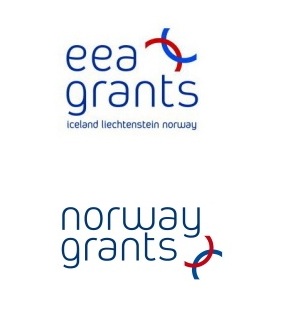Conclusions - 2
9) In opinion of the Poles life in Iceland remains more secure than in Poland, both in physical and economic terms. Many of them prefer life in Iceland's crisis to Poland's relative economic boom.
10) The fall of 2008 was a turning point for Iceland's inhabitants, although it appears that at least some of the Poles were relatively less affected by the crisis than native Icelanders – mainly due to their more traditional economic conduct: not investing in Icelandic securities, taking credits on a much smaller scales than Icelanders did, they suffered loss of saving on a much smaller scale or not at all, because they systematically transferred their money to accounts in Poland, exchanging all surplus for euros. Everybody was affected, however, by increasing prices, growing difficulty of finding jobs, and lack of overtime,
11) Women are coping with the crisis better, they often hold several jobs: as cleaner, au pair, hotel receptionist, waitress, nurse, interpreter, pedagogue, psychologist – often working in diverse services provided to Polish immigrants. The crisis hit with greatest force in construction and building repairs, and as a consequence many men lost their jobs.
12) Some Poles, mainly men, remain on unemployment benefits but do not intend to return to Poland or to seek jobs, because earnings in their line of work are only slightly greater than the amount of benefits. Many of them are content with life on the dole.
13) Polish immigrants are relatively well aware of the rights they have as former or current full-time employees, and try to take advantage of those rights. This demonstrates the resourcefulness of young Polish immigrants and the good flow of information on the subject (mainly through the Internet), but on the other hand – is due to the ease of navigating official procedures resulting not only from the country's small size scale, but above all from the transparency of Iceland's system of social services.
14) Narrations about the crisis provide valuable data for identifying various degrees of the immigrants' “entry” into the host society. To some Poles, the crisis is a matter for the Icelanders, which concerns the Poles only to the extent that at the time they are working and living here. To others, problems affecting Iceland are important because they have spent part of their lives on Iceland and have an interest in knowing how the situation will develop. Yet others display a rather high level of identification with the Islanders and have a sense of responsibility for the country's future.
15) The economic situation in Iceland has decreased the growth of the stream of migration to the island (although it hasn't gone dry altogether), and as a result of departures the Polish population in Iceland has started to shrink, at the same time shifting from a mainly transient emigration in search of means, to a pattern of partially permanent emigration for sustenance.
16) The crisis has not led to discrimination of foreigners, although relations with native residents have become strained. The government has made efforts to prevent negative attitudes towards immigrants, for instance by placing in many locations in Reykjavik posters thanking the immigrants for their contribution to the country's growth.



